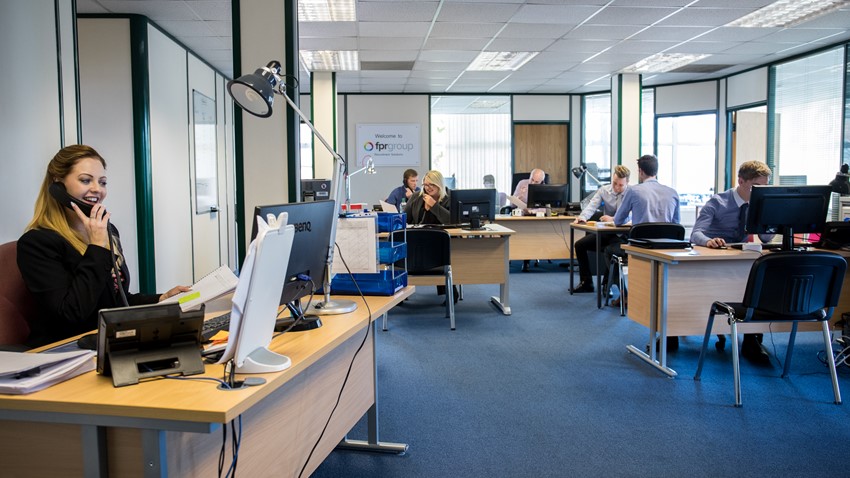Accessibility in an office. key considerations for ensuring accessibility in an office.
|
Accessibility in an office is crucial to ensure that everyone can participate fully and comfortably in the workplace, regardless of their abilities or disabilities. An accessible office is one that accommodates the needs of all employees, regardless of their physical or mental capabilities.

Here are some key considerations for ensuring accessibility in an office.
• Physical Accessibility
Physical accessibility is an essential aspect of an accessible office. This includes ensuring that the building entrance, doorways, and hallways are wide enough to accommodate wheelchairs and mobility aids. Additionally, workstations should be designed to be accessible, with adjustable desks and chairs, and easy-to-reach equipment and materials.
• Visual Accessibility
Visual accessibility is also important in an office. This includes providing adequate lighting, ensuring that signs and labels are clear and easy to read, and minimizing glare and other visual distractions. Additionally, employers should provide accommodations such as screen magnifiers, text-to-speech software, or large-print documents for employees with visual impairments.
• Hearing Accessibility
Hearing accessibility is another critical aspect of an accessible office. Employers should provide accommodations such as hearing aids, captioning or sign language interpreters, or amplified telephones for employees with hearing impairments. Additionally, meetings and presentations should be conducted in a manner that allows everyone to participate fully, such as providing transcripts or captioning for recorded materials.
• Cognitive Accessibility
Cognitive accessibility is an often-overlooked aspect of an accessible office. Employers should provide accommodations such as assistive technology, simplified instructions, or quiet spaces for employees with cognitive impairments. Additionally, employers should ensure that workplace policies and procedures are clearly communicated and easy to understand.
• Attitude and Awareness
Finally, creating a culture of inclusion and respect is essential for promoting accessibility in the workplace. Employers should provide training to employees on disability awareness and etiquette and foster an open and inclusive work environment where employees feel comfortable discussing their needs and concerns.
















Greetings! Very helpful advice in this particular article! It is the little changes that will make the most significant changes. Many thanks for sharing!